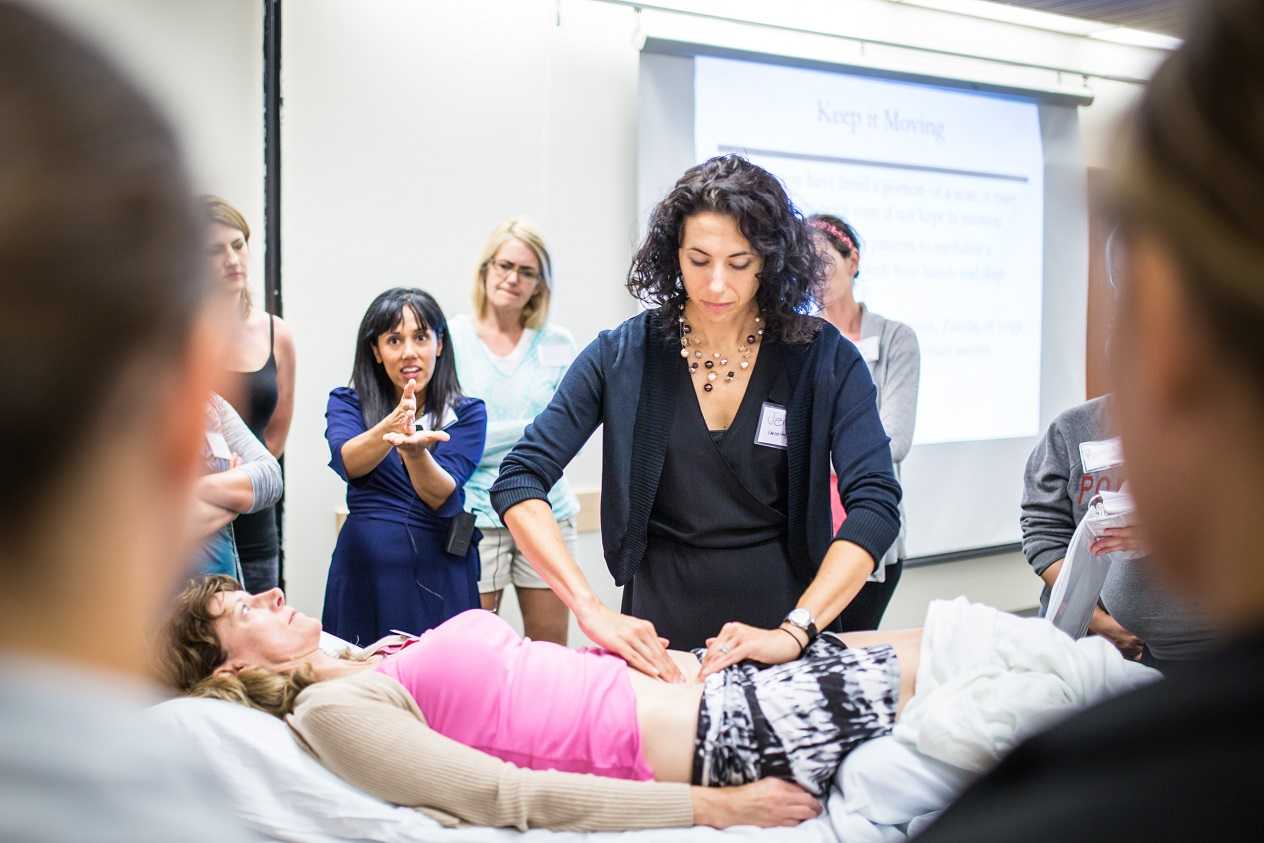Pelvic Floor Muscle Strengthening and Effects on Bladder Neck Mobility
Researchers in Taiwan have reported on a clinical trial investigating the effects of pelvic muscle strengthening for urinary incontinence on bladder neck mobility.
23 female participants completed a pelvic muscle strengthening program for 4 months. Bladder neck position was measured by transperineal ultrasonography at rest, during a cough, and during a Valsalva maneuver. The interventions included instruction in pelvic muscle contraction confirmed by digital palpation and by use of pressure feedback. Participants were instructed to perform 6 near-maximal contractions holding up to 10 seconds, 3-5 sets/day, along with 6 sets of quick (1 second hold, 1 second rest) contractions. Study participants were also allowed but not required to make follow-up appointments with a physical therapist to assess exercise.
Results demonstrated that after the 4 month period, ability to elevate the bladder neck with a contraction improved. However, at rest or with a Valsalva, the bladder neck "stiffness" did not improve. All participants did report lessened urinary incontinence, and they had increases in pelvic floor muscle strength and in maximal vaginal squeeze pressure.
This study appears in the July edition of Physical Therapy journal.
By accepting you will be accessing a service provided by a third-party external to https://www.hermanwallace.com/








































